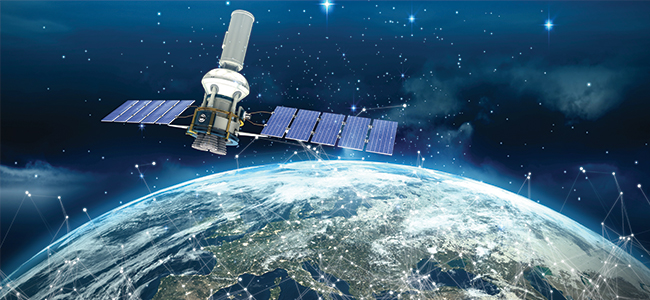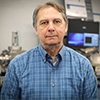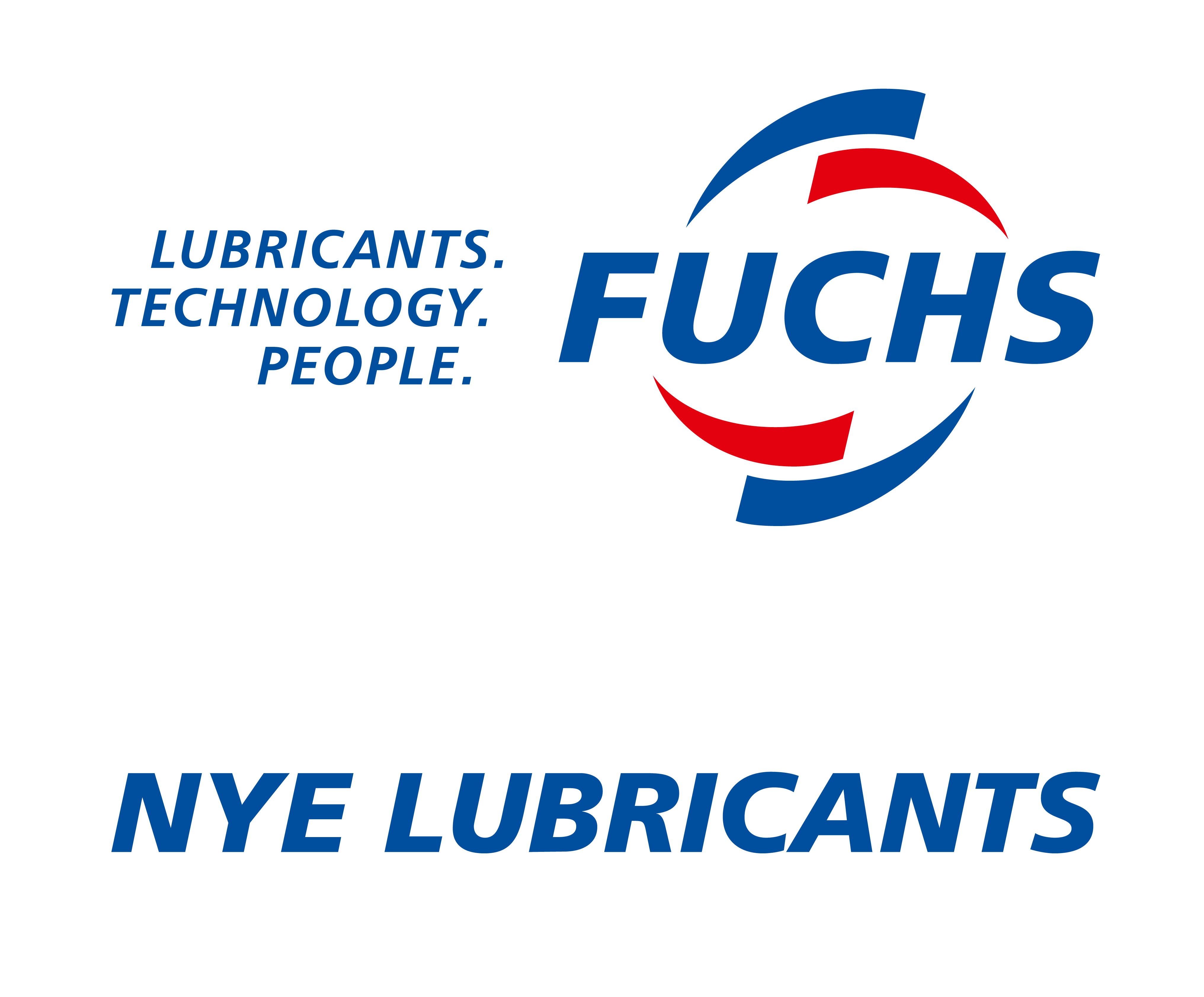Lubricants for Small - but Mighty - Satellites
Since the launch of Sputnik in 1957, satellites have played critical roles in weather forecasting, communications, and key scientific research. But like any other technology, developers are breaking down the barriers to entry by creating miniature, lower-cost, versions of these satellites, more widely known as ‘small sats’. New legislation proposed by the FCC will lower application fees for small sat deployment, making this technology an attractive option for companies, and even government organizations, to gather more data from many cheaper satellites.

Unless a company has a large budget, many engineers use five years as a standard of how long their satellites technology will remain viable. But what if you require your system to surpass its intended five-year lifecycle? In this event, engineers need to ensure that all their design components can stand up to the test of time, including their lubricants.
Lube for Life
Lubricants play a key role in preventing friction and wear of satellite components such as reaction wheels, scan mirror assemblies, camera optics, and other components that require angular or precision contact bearings. Nye has been working with leaders in the space industry for over 65 years and launched our lubricants for the first time in a satellite 27 years ago. Our aerospace lubricants are designed for aerospace components that require low outgassing, low particle generation and extreme temperature performance. These lubricants are also what we like to call ‘Lube for Life’ meaning that they have long-life performance to ensure reliability and mission success for the entirety of both long and short-term missions.
Test Before You Launch
Reliability is one of the most important factors to consider when selecting a lubricant for a satellite. Even the smallest component failure on a satellite can halt critical functions that end up sacrificing the entire mission. In reaction wheels, for example, a small amount of lubricant must work 24/7 in the wheel’s bearing. If the lubricant fails, then the bearing fails, and all control of the satellite is lost. In satellite cameras, if a lubricant near the camera lens does not have the proper outgassing properties, it can fog the lens and compromise your data. If your entire fleet uses the same lubricant, you’re now operating in the dark. If a part on your car breaks, you can take it into the shop and get it fixed but once your satellite is up there, it’s up there for good. At Nye, our motto when it comes to our Aerospace Lubricants is “test before you launch.” Nye tests and validates each of our aerospace lubricants to ensure the reliability of each batch.
Space Leaders Trust Nye
With over 65 years of experience in space, we have built a reputation of offering reliable lubricants that can withstand the extreme space environment:
| Product | Chemistry | Temperature Range | Application Notes |
|---|
 Dr. Jason Galary – Director of Research, Development, and Innovation
Dr. Jason Galary – Director of Research, Development, and Innovation
 Jason has worked at Nye for 15 years in a variety of roles including those in technical support, engineering and application development, applied science and tribology, and Asian business development. Now serving as the Director of Research, Development, and Innovation, Jason oversees several advanced technology projects, including energy efficiency, anti-wear, nanotechnologies, ionic liquids, and vacuum tribology.
Jason has worked at Nye for 15 years in a variety of roles including those in technical support, engineering and application development, applied science and tribology, and Asian business development. Now serving as the Director of Research, Development, and Innovation, Jason oversees several advanced technology projects, including energy efficiency, anti-wear, nanotechnologies, ionic liquids, and vacuum tribology.
Jason is focused on keeping Nye’s R&D organization on the cutting edge to maintain its industry leadership for technically engineered lubricants. Jason received his BS in Electrical Engineering, MS in Mechanical Engineering, Ph.D. in Applied Mechanics and Materials all from the University of Massachusetts Dartmouth and holds an MBA from Northeastern with a double major in Innovation Management and Finance.
Click here to connect with Jason on LinkedIn.
William Galary – Senior Technical Products Engineer
 William Galary has been with Nye for nearly 45 years serving in a multitude of roles including Ultrafiltration Manager, Lab Manager, Senior Technologist, and now Senior Technical Products Engineer. In his current position, William provides technical solutions that address challenges our customers may have in choosing the right lubricant for their application. William specializes in the filtration of lubricants and attended the University of Massachusetts Amherst.
William Galary has been with Nye for nearly 45 years serving in a multitude of roles including Ultrafiltration Manager, Lab Manager, Senior Technologist, and now Senior Technical Products Engineer. In his current position, William provides technical solutions that address challenges our customers may have in choosing the right lubricant for their application. William specializes in the filtration of lubricants and attended the University of Massachusetts Amherst.

